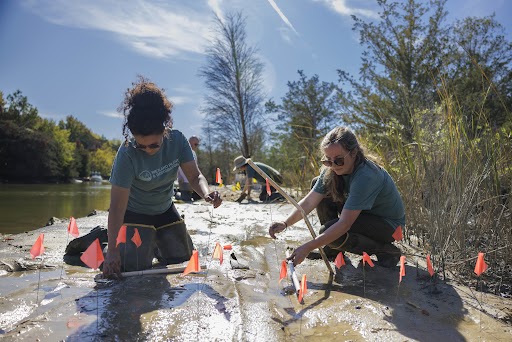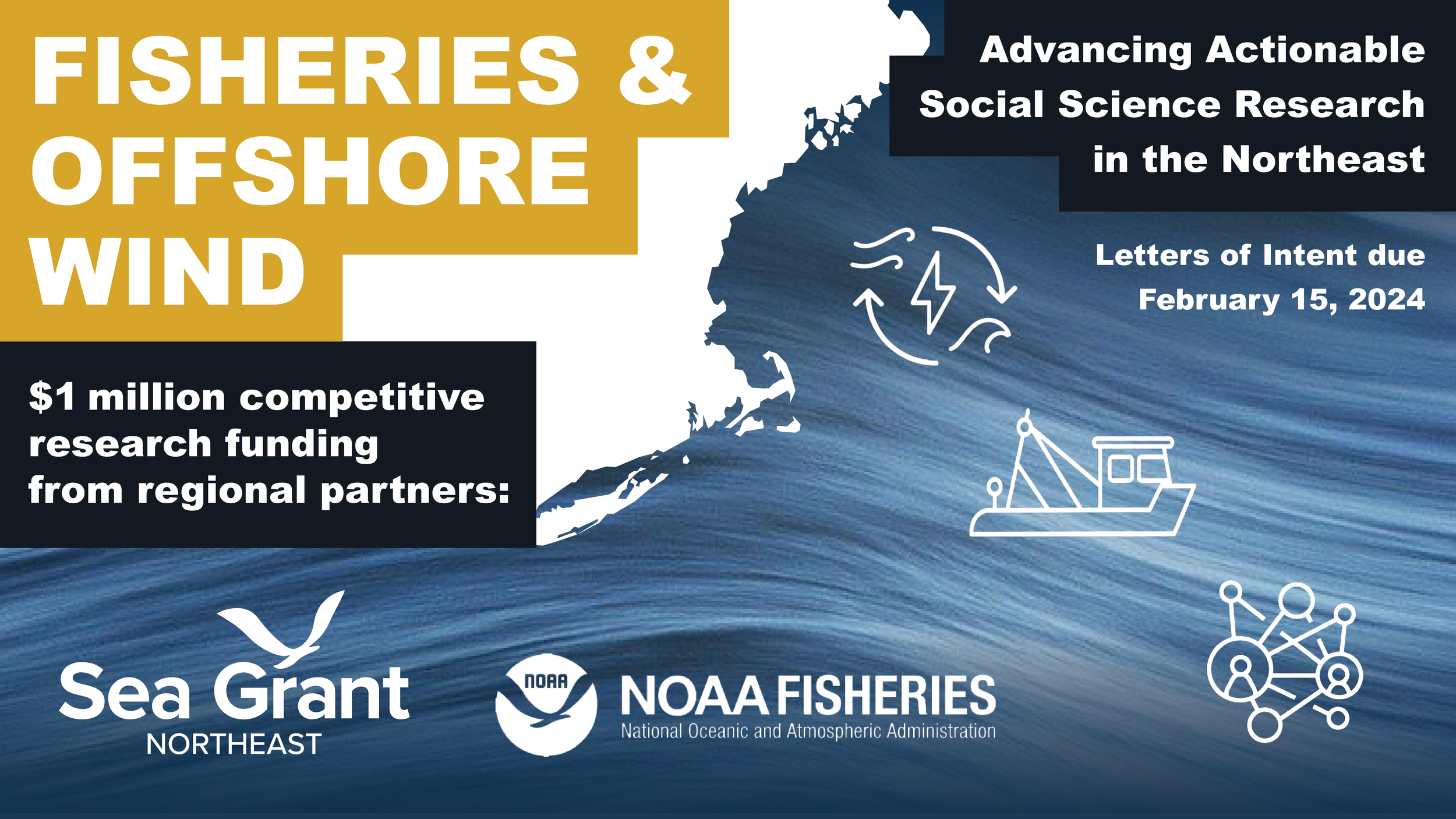Sharing Ocean Literacy integration
By Peg Van Patten, Connecticut Sea Grant
This fall, Connecticut Sea Grant Education Coordinator Diana Payne had the experience of a lifetime – participating in the Fulbright Specialist Program (FSP) as an international expert in ocean literacy. The FSP allows for short-term exchanges of two to six weeks to promote short-term collaborative projects. Once accepted, a Specialist is placed on the roster for five years and can participate in a maximum of two Fulbright experiences over the five year time period. The Fulbright Program, America’s flagship international educational exchange activity, is sponsored by the U.S. Department of State, Bureau of Educational and Cultural Affairs.
For her experience, Diana went to the Technical University of Denmark’s National Institute of Aquatic Resources (DTU Aqua) in Copenhagen, Denmark. She co-led an international Ocean Literacy workshop with invited experts from Japan, US, Canada and the European Union, to assess strategic benefits for integrating Ocean Literacy into institutional research and training strategies.
“Our European colleagues are in awe of the progress we have made in developing the Ocean Literacy framework” Diana said. “They are also very interested in the fact that Broader Impacts is a requirement in many grant proposals, specifically the National Science Foundation. They want to learn about our experiences and incorporate it into their work. In turn, we are quite in awe of the support for ocean literacy expressed by the European Commission and how Europe has put substantial funding behind this support.”
Diana was impressed by how open and inviting the European ocean science and ocean science education community is. “Denmark is a really cool country to explore!” she added.
As a Sea Grant education leader, Diana is able to use her expertise in both scientific research (her background is in estuarine ecology) and education. “I love working with scientists and educators to help each group understand the other.” she says. “I’ve also been able to be involved in so many exciting and groundbreaking projects. Being a part of Sea Grant has opened the door for opportunities I never dreamed of.”
Diana believes that translating cutting edge science and scientific research into meaningful resources is one of the biggest challenges in both formal and informal education settings.
Sea Grant can use Diana’s experience as a set of examples for engaging its already existing network of scientists and educators. In 2004, the US Commission on Ocean Policy pointed to the National Sea Grant College Program as an exemplar network for ocean science education. “The European Commission has learned from the solid work we’ve done in the U.S. and translated it into funded partnerships based on the concept of ocean literacy” she said. Sea Grant has the expertise, connections and infrastructure to fill the gap left when the NSF funded Centers for Ocean Science Education Excellence (COSEE) program ended, she adds.
“Most of our educators have academic and professional experience in both science and education. Now that we have been able to include some ocean science content in the Next Generation Science Standards (NGSS), our expertise is more important than ever.”
For more, see Diana’s Fulbright blog.


